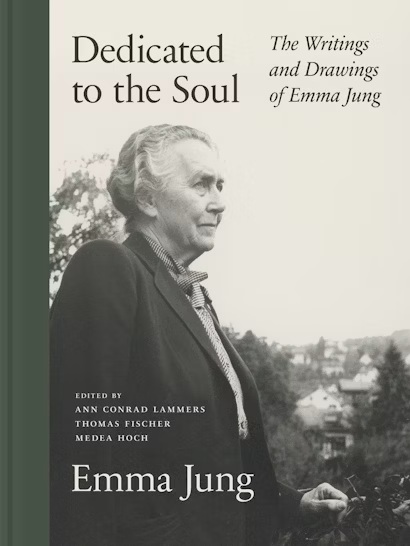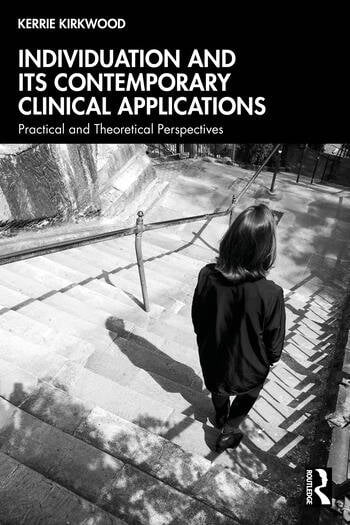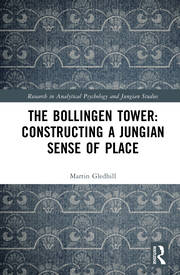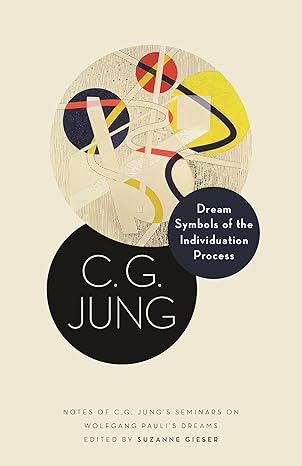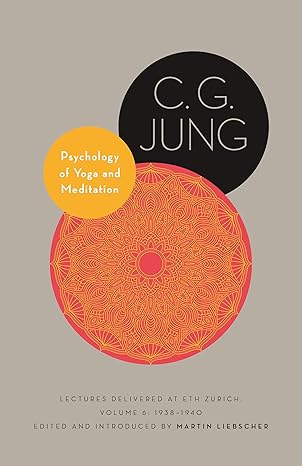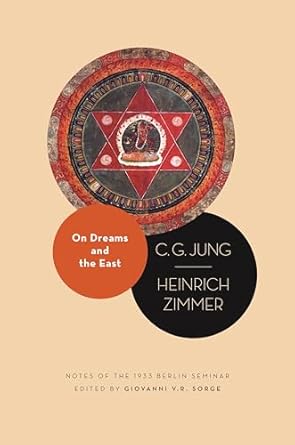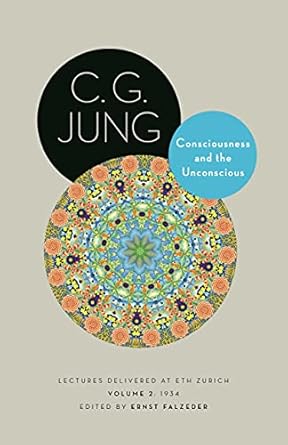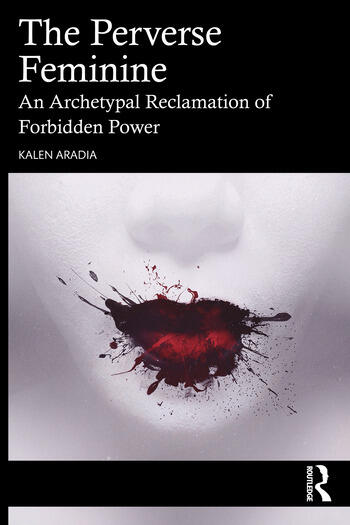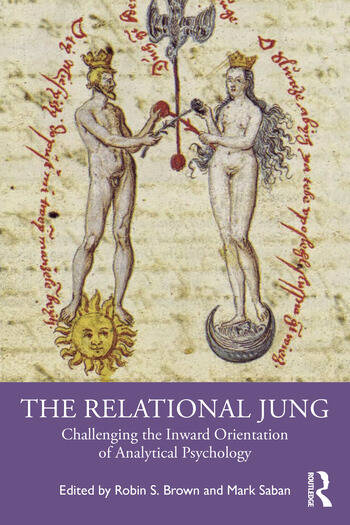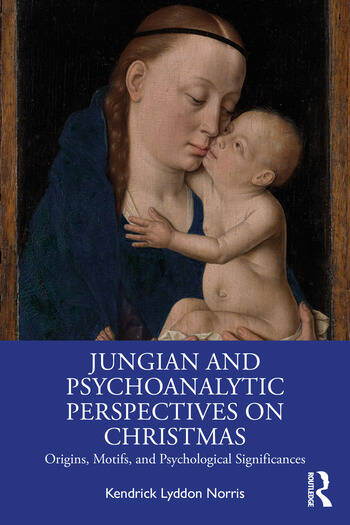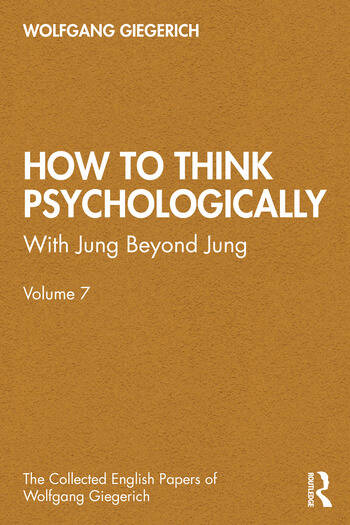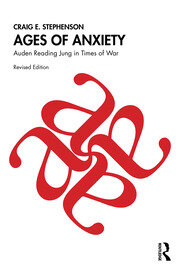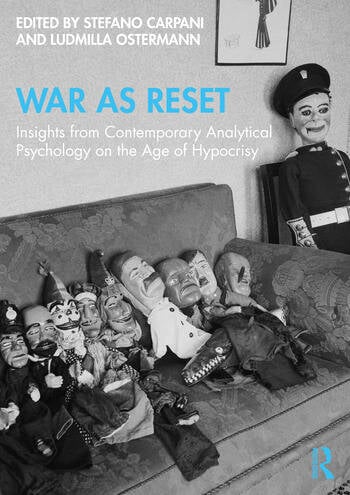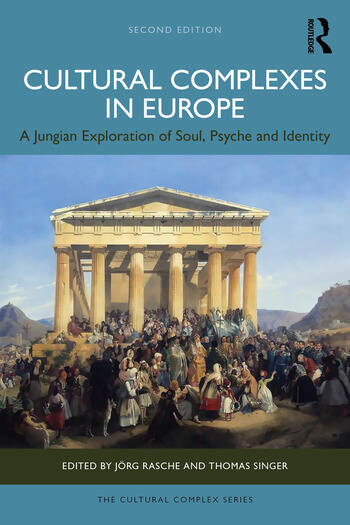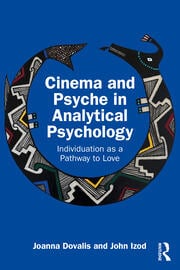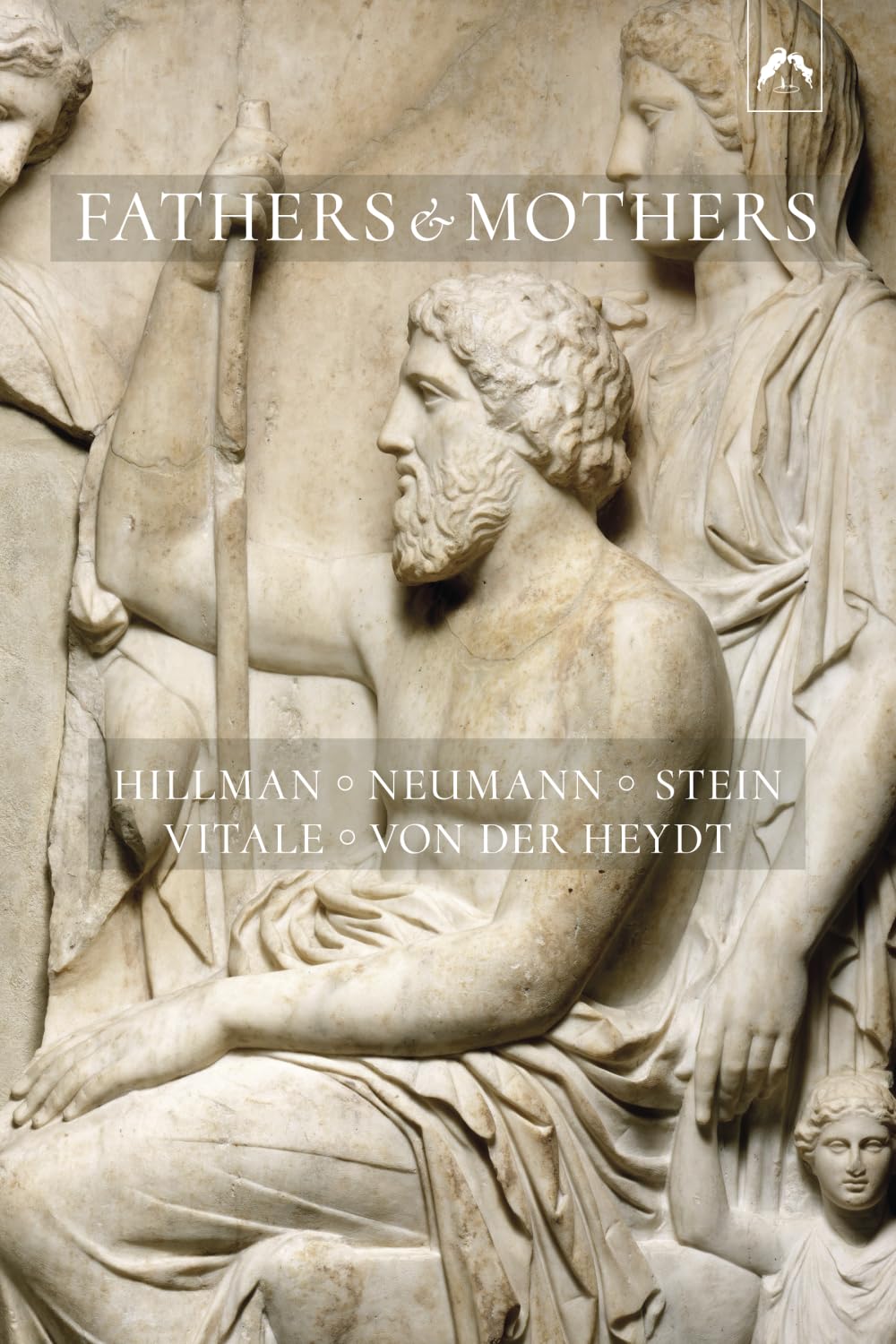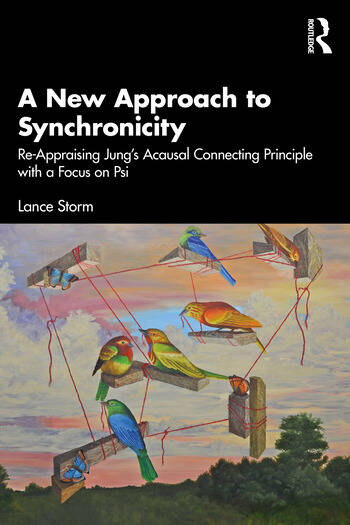Jung and Analytical Psychology Books
Archetype: A Natural History of the Self
copies of this title may still be available, but refer normally tp cno16104 Archetype Revisited. (more)
Incest Fantasies and Self-Destructive Acts: Jungian and post-jungian psychotherapy in adolescence
The book revolves around the activation of incest fantasies and incestuous acting out in adolescence, interpreting this phenomenon as a potentially creative and healing regression.
Feet of Clay: A Study of Gurus
An examination of the gurus or spiritual leaders of the many strange and generally dangerous cults which enthral their followers and sometimes result in mass suicide. This controversial book examines... (more)
Michael Fordham: Innovations in Analytical Psychology
This study analyzes Michael Fordham's work and ideas. It is intended to provide an amplification of Fordham's own work for students of analytical psychology and an introduction to the subject for... (more)
Freud, Adler and Jung: Discovering the Mind: Volume 3
Walter Kaufmann completed this, the third and final volume of his landmark trilogy, shortly before his death in 1980. The trilogy is the crowning achievement of a lifetime of study, writing, and... (more)
Analyst-Patient Interaction: Collected Papers on Technique
A friend of Jung's, Michael Fordham has contributed to much of the history of analytical psychology. This volume brings together his key writings on analytical technique.
Psychopathology: Contemporary Jungian Perspectives
An outstanding collection of papers written by Jungian analysts from different schools of analytical psychology on various aspects of psychopathology. The subjects covered include: depression,... (more)
A Critical Dictionary of Jungian Analysis
Combines scholarship and historical accuracy with a stimulating critical attitude to explain the meanings hidden in Jungian jargon. (more)
My Self, My Many Selves
'The concept of the "self" has remained puzzling and controversial. Indeed, far from gaining clarity, it seems to become ever more complex; for many different people, starting from different... (more)
Analysis, Repair and Individuation
An exposition on individuation including 'Archetypes, Individuation and Internal Objects' and 'The Individuation Process' (more)
Dedicated to the Soul: The Writings and Drawings of Emma Jung
Emma Jung (1882–1955) was the life and work partner of one of the great intellectual figures of the twentieth century, yet she kept most of her creative and personal life private. Dedicated to the... (more)
Jungian Shakespeare: Coming Down to Earth in King John, Twelfth Night, and Cymbeline
Jungian Shakespeare is an original work of Jungian literary criticism, examining the psychological expression within three plays from different times in Shakespeare’s career through a Jungian... (more)
Individuation and its Contemporary Clinical Applications: Practical and Theoretical Perspectives
This insightful book identifies key points of reference for the delivery of ethical treatment to patients with extreme and entrenched pathologies. Readers are offered an invitation to the intensity... (more)
The Bollingen Tower: Constructing a Jungian Sense of Place
Offering a novel conceptual methodology where Jungian psychology is used to analyse Jung’s own architecture, this book offers an innovative reading of Jung’s Bollingen Tower in order to explore a... (more)
Dream Symbols of the Individuation Process: Notes of C. G. Jung's Seminars on Wolfgang Pauli's Dreams
In 1936 and 1937, C. G. Jung delivered two legendary seminars on dream interpretation, the first on Bailey Island, Maine, the second in New York City. Dream Symbols of the Individuation Process makes... (more)
Psychology of Yoga and Meditation: Lectures Delivered at ETH Zurich, Volume 6: 1938–1940
Between 1933 and 1941, C. G. Jung delivered a series of public lectures at the Swiss Federal Institute of Technology (ETH) in Zurich. Intended for a general audience, these lectures addressed a broad... (more)
On Dreams and the East: Notes of the 1933 Berlin Seminar
In the summer of 1933, C. G. Jung conducted a seminar in Berlin attended by a large audience of some 150 people, including several Jewish Jungians who would soon leave Germany. Hitler had begun... (more)
Consciousness and the Unconscious: Lectures Delivered at ETH Zurich, Volume 2: 1934
Between 1933 and 1941, C. G. Jung delivered a series of public lectures at the Swiss Federal Institute of Technology (ETH) in Zurich. Intended for a general audience, these lectures addressed a broad... (more)
The Perverse Feminine: An Archetypal Reclamation of Forbidden Power
The Perverse Feminine resurrects a long-buried psychic figure: the Perverse Feminine Archetype. Grounded in intuitive inquiry, this work builds on Jungian theory, feminist psychology, and myth to... (more)
The Relational Jung: Challenging the Inward Orientation of Analytical Psychology
Within this fascinating new volume, a group of prominent Jungian writers seek to explore the apparent contradiction between two aspects of Jungian thinking: one that points in the direction of a... (more)
Jungian and Psychoanalytic Perspectives on Christmas: Origins, Motifs, and Psychological Significances
By examining its history, traditions, symbols, and representation in the arts through the lens of three major schools of depth psychology, Kendrick L. Norris, a Jungian Analyst and minister, shows... (more)
How to Think Psychologically: With Jung Beyond Jung
This book discusses the psychological understanding of, and approach to, various central questions and aspects of psychological reality, in each case critically examining under what conditions one’s... (more)
Ages of Anxiety: Auden Reading Jung in Times of War
Craig E. Stephenson’s Ages of Anxiety examines how W. H. Auden in his Pulitzer Prize winning poem, The Age of Anxiety, used C. G. Jung’s psychological types to structure and explore his responses to... (more)
War as Reset: Insights from Contemporary Analytical Psychology on the Age of Hypocrisy
In an age continuously shaped and shocked by wars and societal crises, this book serves as an antidote to superficial media frenzy. Exploring the interplay between the insights from analytical... (more)
Cultural Complexes in Europe: A Jungian Exploration of Soul, Psyche and Identity
What is going on in Europe? The actual conflicts between its nations or states can be traced back to old and revived cultural complexes. In this book, first compiled in 2016, Jungian analysts explore... (more)
Cinema and Psyche in Analytical Psychology: Individuation as a Pathway to Love
Peering into the unconscious through cinema can give audiences an uncanny feeling about what lives in the beyond, something alien to consciousness. This book creates psychological interpretations of... (more)
Fathers and Mothers: Five Papers on the Archetypal Background of Family Psychology
Five papers by James Hillman, Erich Neumann, Murray Stein, Augusto Vitale, and Vera Von Der Heydt examine the archetypal background of family psychology.
"How are we to protect our children from... (more)
A New Approach to Synchronicity: A Re-Appraisal of Jung’s Acausal Connecting Principle with a Focus on Psi
This book offers an up-to-date handling of C. G. Jung’s Theory of Synchronicity and the more mainstream paranormal phenomena known as extra-sensory perception (ESP) and psychokinesis (PK),... (more)














